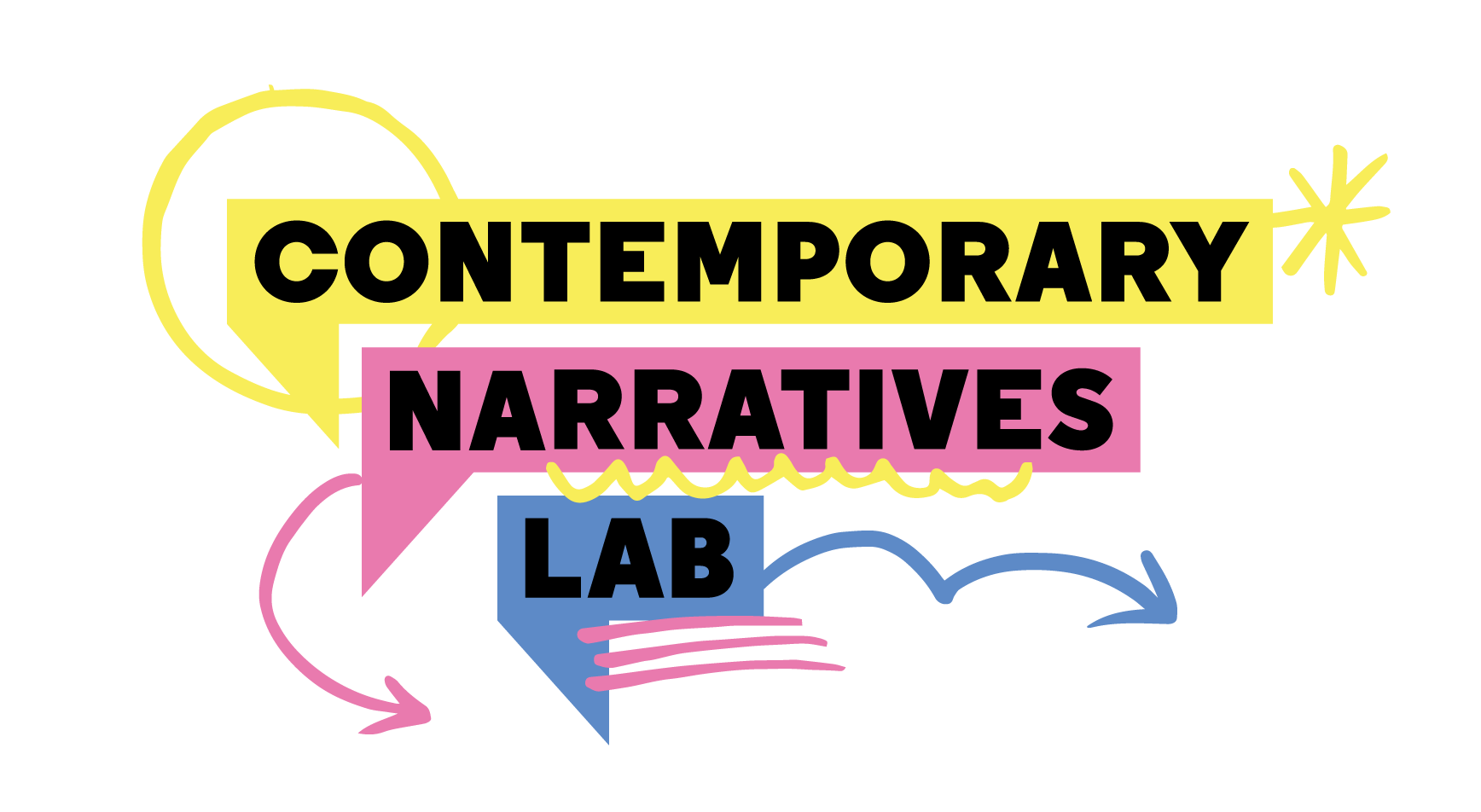In early 2021, the Contemporary Narratives Lab embarked on its second project, bringing together interactive theatre-maker Coney and the Health Inequality team at Bureau Local, part of the Bureau of Investigative Journalism.
Unlike our previous pilot project, this partnership between Coney and the Bureau took place over a longer ten-week period to create opportunities for sustained dialogue and collaboration. Both parties used the opportunity to work with the public, reporting with, rather than on people affected by changes to home care during the pandemic.
At the end of the project, which was funded by a research grant from City, University of London, Dr Glenda Cooper wrote a full report detailing the issues the project sought to address, the events and activities that took place, and our learnings from it.
This report is now available as a downloadable PDF

The report highlights how the intention behind the project was to employ journalistic and interactive theatre techniques to give voice to otherwise-marginalised people.
Unlike traditional newsmaking, the integration of journalists, the public and practitioners from the outset of this project put people whose voices would normally be marginalised at the centre of the story as it is developed and created an interactive experience in which the public could not only hear about but play the role of those directly affected by the issues uncovered by the investigation.
It explains the collaborative creative process and steps taken to execute the project, and also the challenges faced by both artists and jouranlists during this collaboration. For example:
In creating these experiences, the artist also had to take in mind how to target a wide audience from policy makers to those who did not know the care system, consider aspects of representation and intersectionality. This was often helped by the direct interaction with care givers and care users themselves.
Finally, the report found found that the HOME/CARE project confirmed that there is a lot that can be learned between storytellers of different sectors through direct collaboration about how to investigate new stories, engage audiences and shape the pathways to impact.
One of the most important areas in this is working with relevant communities from the outset. But community engagement practice is in a rapid development stage, as digital technologies also change the way that people communicate within their own communities. This increases the need for curated/facilitated spaces of collaboration where the exchange about storytelling practice is produced fruitfully.
